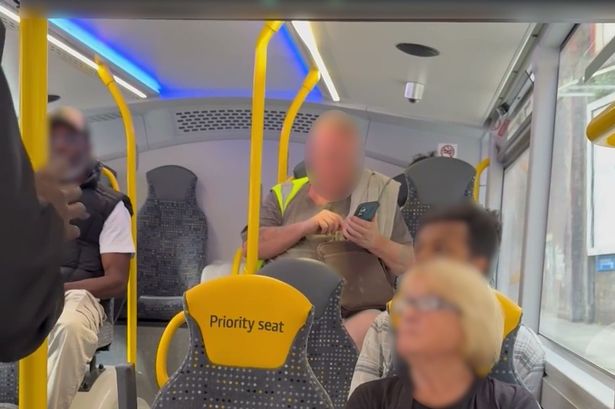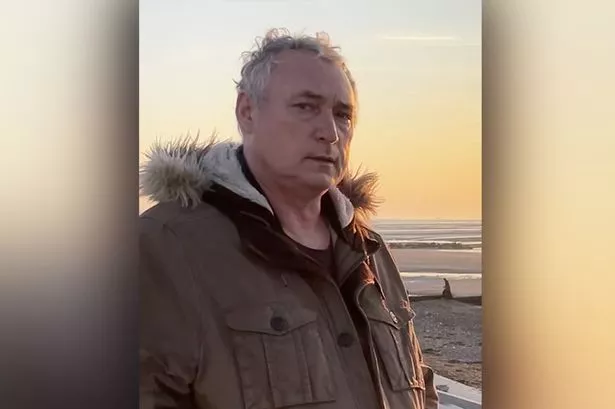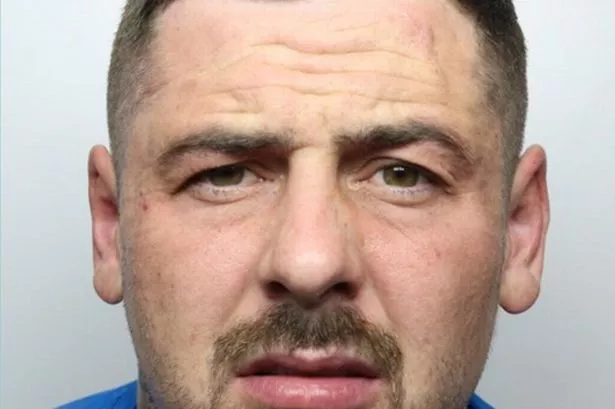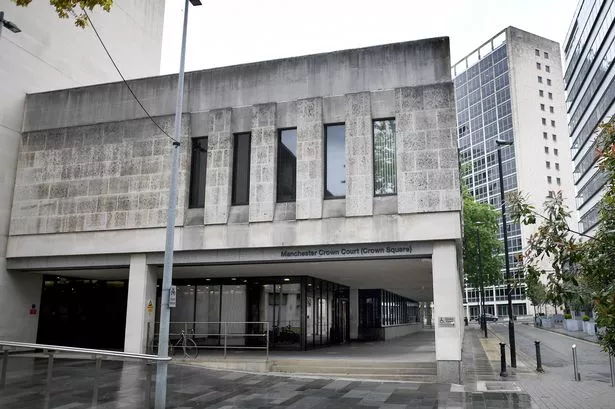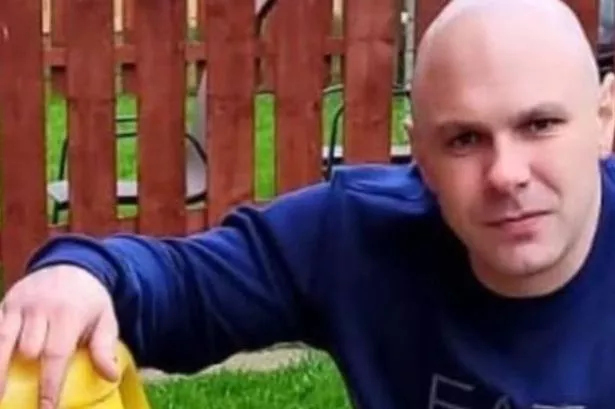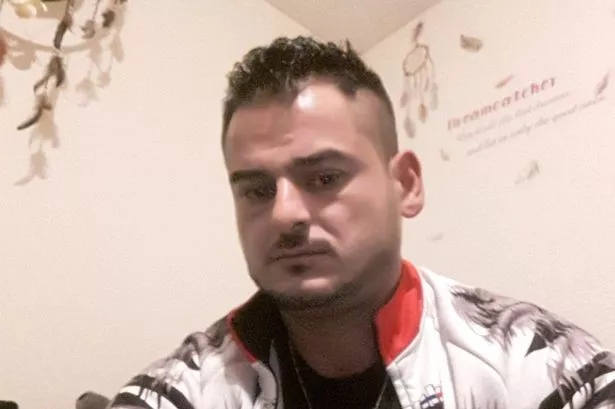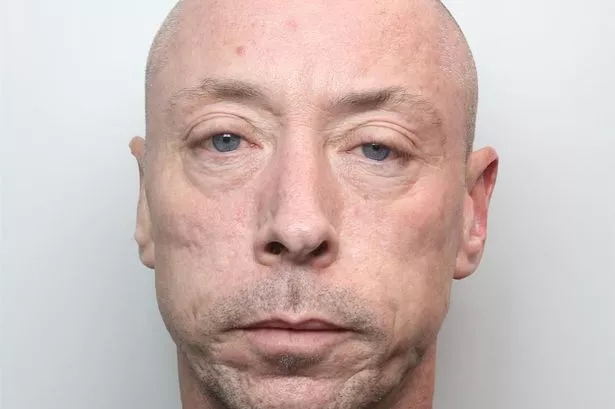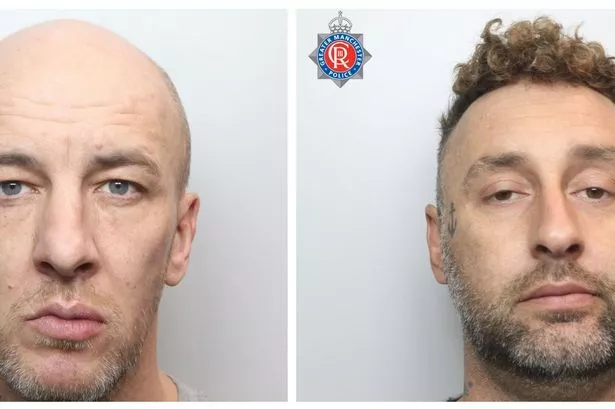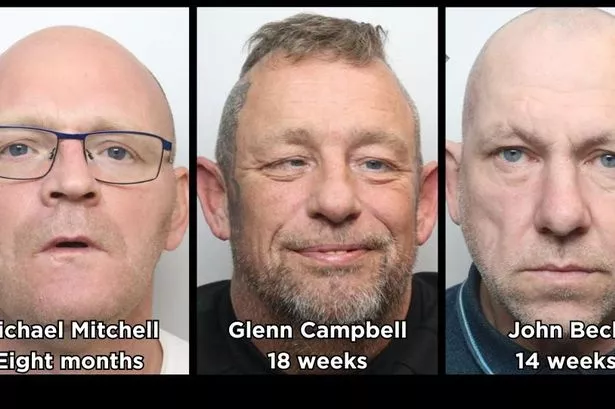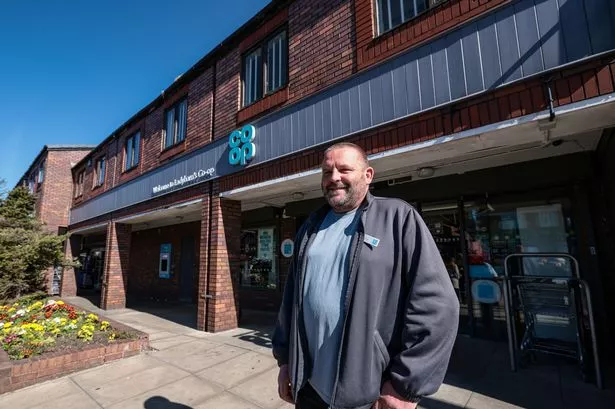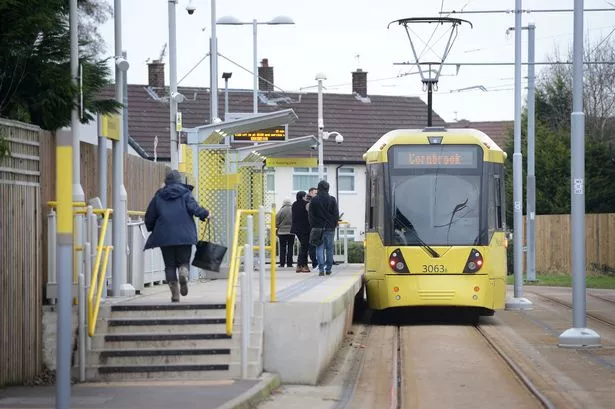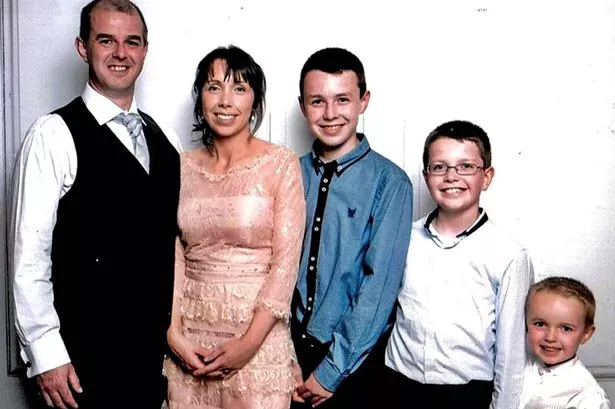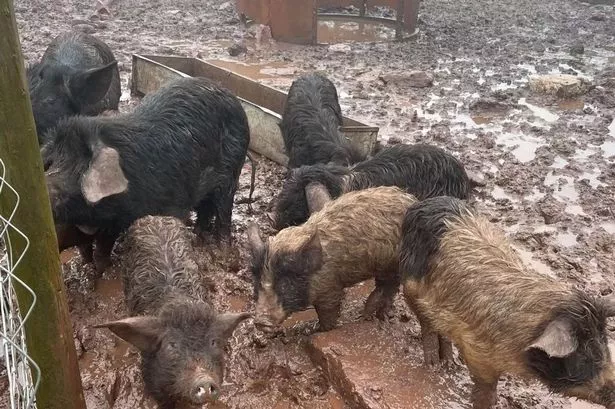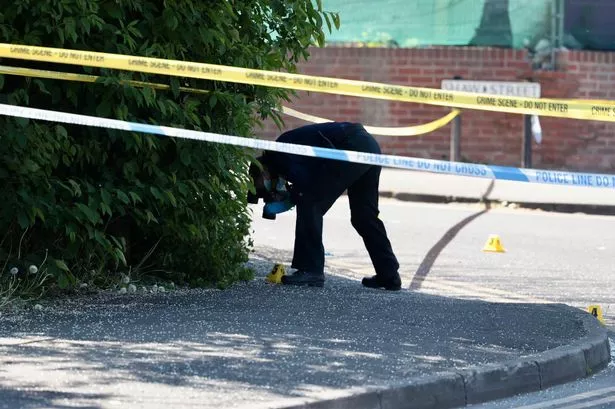Trial of Six Defendants for Class A Drugs Importation
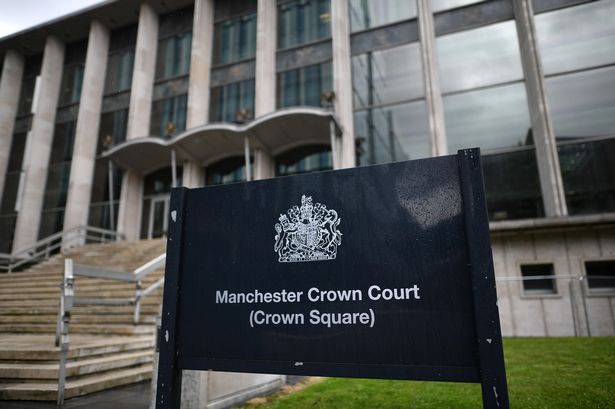
Trial of Six Defendants Accused of Importing Class A Drugs

Anthony Sheridan, 45, Keith Shea, 53, Mark Peers, 61, William Armstrong, 44, Mark Pickthall, 40, and Andrew White, 45, each deny charges of importing class A drugs. Prosecutors allege that the group conspired to import significant amounts of cocaine and heroin concealed within generators and engines into the UK.
According to the prosecution, five men are accused of conspiring to import 28 separate consignments using legitimate haulage companies from Belgium and Holland. Law enforcement intercepted these consignments in March and June 2019, uncovering packages of drugs valued at approximately £5 million.
Investigators traced the consignments back to the conspirators, outlining details of booking, payment, communication among defendants, and the delivery addresses involved.
The defendants are currently on trial at Manchester Crown Court. Prosecutor Alexander Leach KC opened the case, stating, “Anthony Sheridan was an organising mind in the conspiracy, arranging and paying for the importation of generators.” He further detailed how Sheridan coordinated the movement of conspirators and worked directly with those responsible for receiving the drugs in the UK.
Mr. Shea is described as an "experienced drug dealer," who allegedly made multiple trips to Northern Europe to facilitate the concealment of drugs within generators. He reportedly organized the transportation and warehousing of the drugs upon their arrival in the UK.
Mr. Peers, another accused, has a previous conviction for drug-related offenses and was involved in moving generators loaded with cocaine. Alongside him, Mr. Armstrong and Mr. Pickthall engaged in transporting these generators and drugs across various routes in the UK.
Mr. White is said to have assisted Sheridan by acquiring at least one of the generators used for smuggling. Jurors were informed that the defendants falsely believed they were participating in lawful business activities.
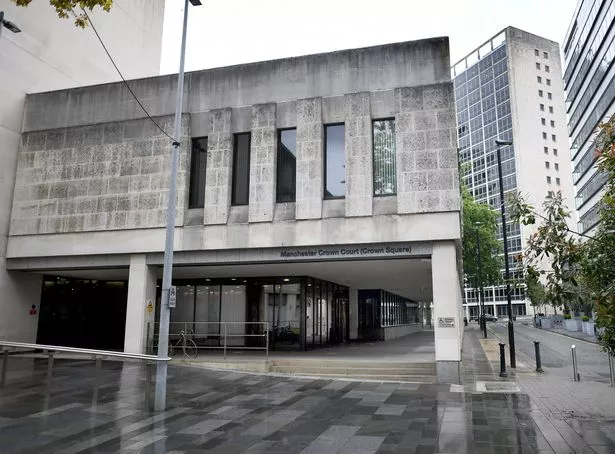
Sheridan allegedly employed haulage companies with misleading names to create the illusion of a legitimate generator business. Some of these companies included NXG Engineering and Generator Power Ltd.
The prosecution highlighted discrepancies in financial records, noting that they did not reflect the expected activity of a legitimate import-export business. The conspiracy engaged eight legitimate haulage companies for their operations, and shipping records indicated that generators were exported from the UK to Belgium to be packed with drugs before being imported back through Holland.
From October 2018 to March 2019, the group purportedly exported and then re-imported 16 consignments of generators. Following the interception of cocaine in a shipment, the conspirators altered their tactics, with hauliers collecting drug-laden generators directly from their premises in Belgium.
The group’s activities came to a halt when two more consignments were intercepted in June 2019, leading to the arrests of the accused, who each maintain their innocence regarding the conspiracy to import class A drugs.
Prosecutors are expected to continue their case on Monday, April 28.
Proceeding

